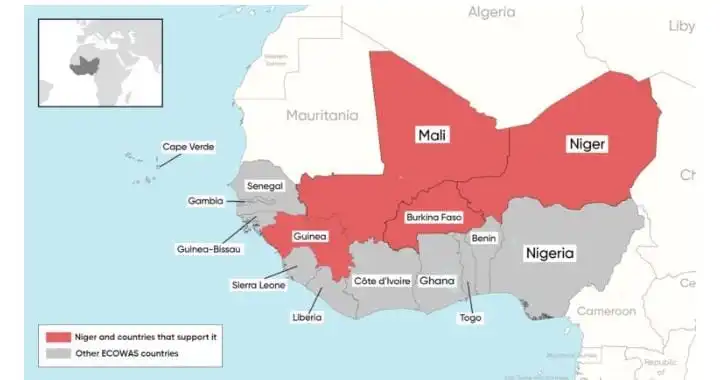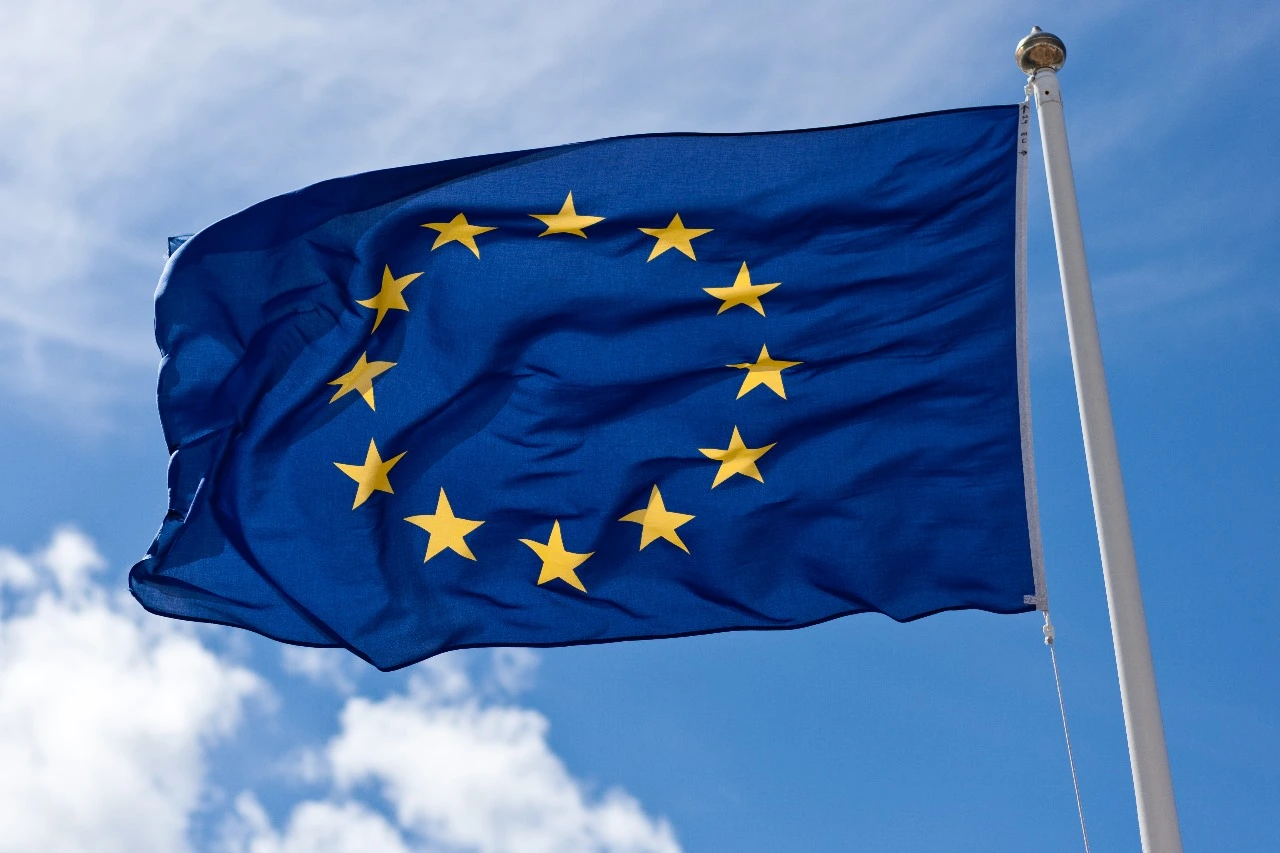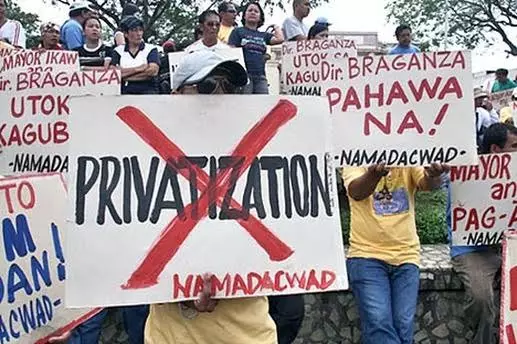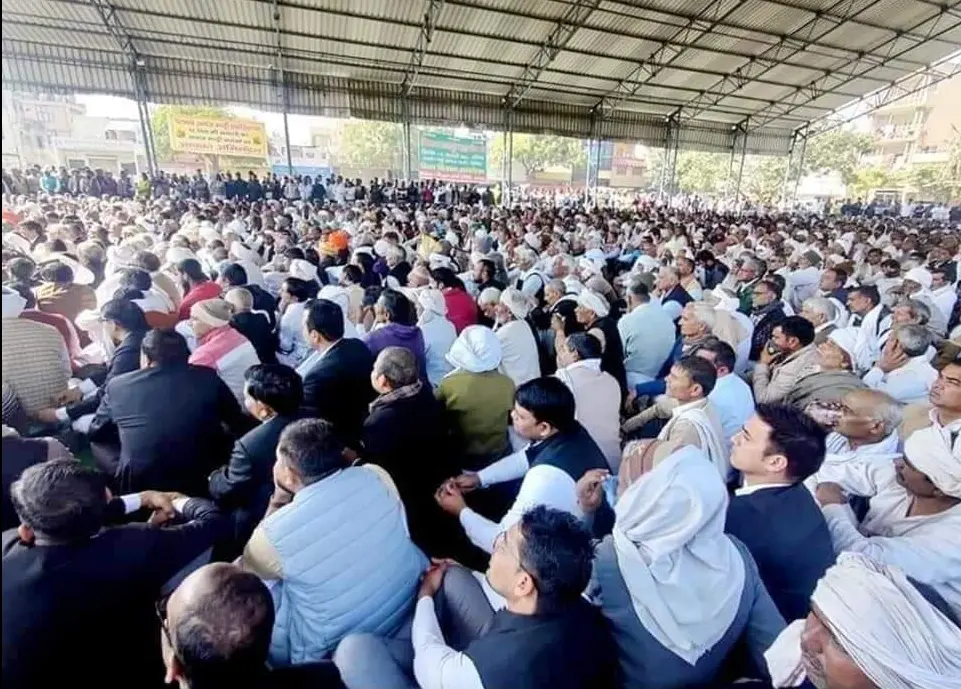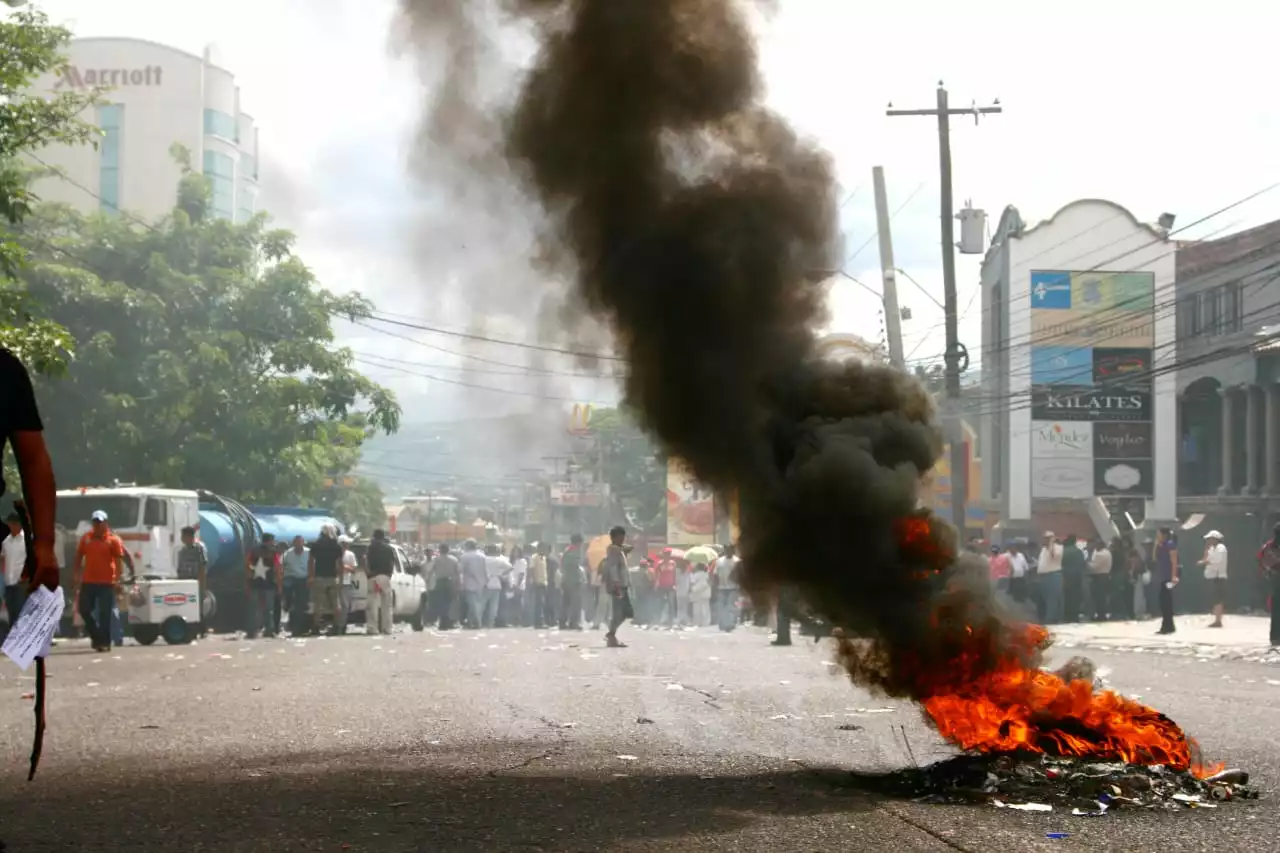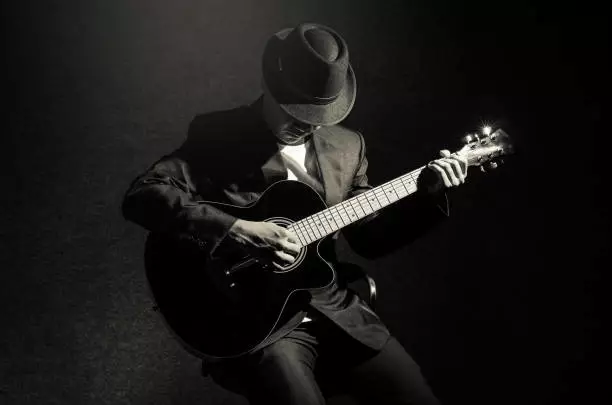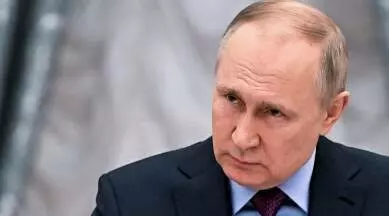News of a military coup in the African country of Niger has sparked condemnation of the Western world and is now at least the 10th coup in the Sahel region of Africa since 2008: Burkina Faso (2014, 2015, 2022), Mali (2012, 2020, 2021), Mauritania (2008), Gambia (2014), and Guinea (2021)—and all have some connection to US military training via United States Africa Command (AFRICOM). However, these coups have been in the Francophone African countries and have led to an intense backlash against that old colonial empire. So is this a case of US neocolonial aggression blowing back in the face of Western imperialism or a long-game maneuver between imperialist powers?
To try to understand what has been and is happening in Africa—it’s important to understand imperialism and neo-colonialism. Imperialism, as briefly defined by Lenin as the “monopoly stage of capitalism,” and Kwame Nkrumah stated, “The essence of neo-colonialism is that the State which is subject to it is, in theory, independent and has all the outward trappings of international sovereignty. In reality, its economic system and thus its political policy is directed from outside.” After hundreds of years of slavery, oppression, and exploitation of the African people by European colonialism—the European imperialist powers in 1885 at the Berlin Conference split the continent amongst themselves. They took the political and economic sovereignty away from the people without any voice in the matter. Through the exploitative nature between the colonial empire and colonized society—the export of surplus value is deeply intertwined with the underdevelopment of the colonial subject for the development of the imperial core. And after the independence movements of the mid-20th century in Africa, the industries and mineral rights have stayed in the hands of multinational monopolies and oligopolies to sustain that system. For example, the iron ore produced in Swaziland after gaining political independence was owned by one company, the Swaziland Iron Ore Development Company. That company was jointly owned by US and British capitalists. In contemporary times, Swiss commodity trading and mining company Glencore is the largest extractor of cobalt, copper, and other commodities in the Democratic Republic of the Congo. The plundering of the African people and continent by Western Imperialism is an ongoing colonial and genocidal project.
One of the worst colonial empires in the region is France. Since 1963, at least 22 African presidents and leaders have been assassinated by France. The repression of the Algerian Revolution was genocidal—echoing the genocidal actions by France done over a hundred years prior in Haiti. Another revolution and leader that France had to destroy was Burkina Faso and Thomas Sankara. The revolutionary leader was appointed as Prime Minister of the Republic of Upper Volta in 1983 but disputes with the sitting government led to his arrest. The masses rose up in a popularly-supported revolution the same year. The people released Thomas Sankara and elected him president of the country. The country was renamed Burkina Faso—Land of the Incorruptible People—and the people called Burkinabés—the upright people. The Sankara lead, Marxist country, pushed back on the reliance on French capital and called for African unity against Western neo-colonialism. Sankara called for Burkina Faso and Africa to be self-sufficient regarding food, energy, clothing, etc. They also rejected the International Monetary Fund—IMF. He was overthrown and murdered in a coup in 1987 orchestrated by France and his killer, Blaise Compaoré, lead the country under a comprador dictatorship until 2014. Thomas Sankara has remained though a highly influential figure in African radical politics and the international socialist movement.
A key component of the neocolonial control France had on the Francophone countries of North Africa was the CFA Franc—the currency model forced on African nations that gained political independence. It has a fixed rate compared to the metropolitan francs of the imperial core of France—thus ensuring low domestic and export competitiveness of the African nations. In July 1960, French premier Michel Debré told Gabonese leader Léon Mba, “We grant independence on the condition that the independent state endeavors to respect the cooperation agreements…The one does not go without the other.” The two banks that have an official monopoly over the CFA franc are the Bank of Central African States (BEAC) and the Central Bank of West African States (BCEAO). They were controlled by France, and used as an exploitation tool, due to the aforementioned fixed rate between the CFA franc and now the euro, French capitalists sit on their boards and hold implicit veto power, and the banks must deposit their exchange reserves in the French Treasury—100 percent at first before it was reduced to 65 percent in 1973 and then 50 percent in 2005. The economic sovereignty of West and North Africa was explicitly still under French control.

Burkina Faso wasn’t the only and wasn’t the first to reject the CFA franc and thus neocolonial oppression. Guinea under the leadership of pan-Africanist and trade unionist Sekou Toure rejected the CFA franc in 1960. Sylvanus Olympio, the leader of Togo tried to exit the franc zone and create a national central bank in 1962. Mali under Modibo Keita, the Democratic Republic of Madagascar in 1975, Mauritania in 1972, Senegal, and Cameroon all attempted to or left the franc zone. This was an era of the non-alignment movement as well—with some of these African states not explicitly going down a socialist or communist route but attempting to gain full sovereignty. All of these movements were ultimately undermined by France with many of the leaders assassinated or overthrown in violent coups.
Up until recently, that age of revolutionary Africa was suppressed, but the geopolitical and class dynamics have dramatically shifted over the last couple of decades. The US' rise as the world's hegemonic empire has created sometimes conflicting actions between the imperialist powers. US’s AFRICOM has 29 known military bases on the continent in 15 countries—while France has military bases in only 10 countries in Africa. Many of the aforementioned West and North African states had a decades-long Western military presence along with economic exploitation and underdevelopment. After the criminal NATO war on Libya, and the US imperialist wars in West Asia, Islamic extremist “groups such as al-Qaeda (in the Islamic Maghreb) as well as al-Mourabitoun, Ansar Dine, and Katibat Macina – which merged into Jama’at Nusrat al-Islam wal-Muslimin (‘Group for the Support of Islam and Muslims’) in 2017 – swept from southern Algeria to Côte d’Ivoire, from western Mali to eastern Niger,” per the Tricontinental Institute. This gave an excuse to the West to launch military interventions like Operation Barkhane in Mali in 2014. French forces built new bases in the country and failed to handle the rising Islamic extremist insurgency. The importance of the Sahel region can not be understated. Burkina Faso and Mali represent the fourth and third largest gold producers in Africa along with huge mineral deposits of copper and other rare earth minerals. The gold industry in Burkina Faso makes a minimum of $2 billion annually alone—the majority of the profit going to Canadian and Australian mining firms nowadays. Yet 40% of Burkinabés live below the poverty line. In Niger, the vast uranium ore deposits are used to power 1/3 lightbulbs in France. More than 80% of Nigerians don’t even have electricity and about the same number are in poverty.
Also in 2014, the regime that had overthrown the socialist state of Burkina Faso under Thomas Sankara, the Compaoré regime, was finally overthrown in a coup. This was in the middle of a wave of coups in the region as previously mentioned—and they had deep ties to the AFRICOM training apparatus that was created for US neocolonial control in Africa. But from 2008-2021 these coups seemed to reinstall bourgeois compradors to leadership positions that capitulated to the West. These recent coups in Mali, Burkina Faso, ( both in 2022), and now Niger have taken on a different class and international nature. Each is seemingly from the same general group of African military officers trained by AFRICOM. Assimi Goita (Mali), Ibrahim Traore (Burkina Faso), and Abdourahamane Tchiani (Niger) all received some degree of military training from AFRICOM. So conventional wisdom would say these military leaders were put in unstable countries because the West thinks they can: keep the neocolonial order intact and continue the “global war on terror” that also created the Islamic extremist issue in the Sahel region in the first place. However, from all actions and rhetoric since their respective coups, the exact opposite is happening.
Burkina Faso and Mali have kicked out the French military, diplomats, retracted from the CFA franc, and made significant diplomatic overtures to the perceived enemies of Western imperialism. In a direct nod to the ties between Sankara’s ties to the revolutionary Sandinistas in Nicaragua, current Prime Minister Apollinaire Joachimson Kyélem De Tambèla visited the country to commemorate the 44th anniversary of their revolution. "When I came here, many people told me, if you meet Daniel Ortega, greet him on my behalf, so I greet him on behalf of all Burkinabes.” Traore at the Russia-Africa Summit—the mere attendance is seen as an affront to Western imperialism—said “Why does the resource-rich Africa remain the poorest region of the world?… African countries have suffered for decades from a barbaric and brutal form of colonialism and imperialism, which could be called a modern form of slavery…The heads of African states should not behave like puppets in the hands of the imperialists. We must ensure that our countries are self-sufficient, including as regard food supplies, and can meet all of the needs of our people…Victory to our people’s! Homeland or death!” Echoing the famed Argentine and Cuban revolutionary Ernesto “Che” Guevara. The coup in Niger has been threatened outright by the Macron regime in France stating per Reuters, “The President will not tolerate any attack against France and its interests," President Emmanuel Macron's office said in a statement, specifying that it would respond to attacks against French diplomats, armed forces or businesses.” France and the US have cut aid to the country in an effort to starve out any potential change similar to Burkina Faso and Mali. Allegedly Niger’s new leadership responded to this by telling the US to “keep their aid and give it to their millions of homeless people…charity begins at home.” At the Russia-Africa summit, Russia declared they would forgive 90% of the debt African countries owe them, $23 billion, and promised infrastructure development plans, and access to food and technology. Also, six African nations were given 50,000 tons of free grain—Burkina Faso, Zimbabwe, Eritrea, Mali, Somalia, Central African Republic. All of these measures seem to be directed against Western Imperialism, not done on behalf of one faction of the West, the US, versus another, France.
Mao Zedong wrote, “Any revolution in a colony or semi-colony that is directed against imperialism…is no longer a part of the old bourgeois, or capitalist, world revolution, but part of the new world revolution, the proletarian-socialist world revolution…No matter what classes, parties, or individuals in an oppressed nation join the revolution, and no matter whether they themselves are conscious of the point or understand it, so long as they oppose imperialism, their revolution becomes part of the proletarian-socialist world revolution and they become its allies.” The Sahel region saw intense revolutionary potential in the 20th century—and tragically was repressed for decades. The accumulation of oppression seems to have hit a class boiling point along with the geopolitical dynamics creating a volatile situation across the region. The people have clearly had enough and perpetually looking for the right way out of these crises. Are these coups directed against imperialism finally and thus taking up the mantle of revolution? The masses have been seen in the streets supporting this new generation of revolutionaries. The class antagonisms under French and Western neocolonial control didn’t get better and if anything, they got worse over the decades. The military training by the US seems to have created another case of foreign policy blowback. There were many coups before these three, but none of them kicked out the French and refused US aid. That’s now started and seems to be ramping up with each new revolution in Africa. Western Imperialism needs a subjugated Africa—of course, only time will tell though if imperial repression strikes again or if the people of Sahel will finally retake their full sovereignty.
Editor's Note:
The views and informations expressed in the article are solely those of the author and may or may not reflect the views of The International. We believe in providing a platform for a range of viewpoints from the left.
Photo Credit: Peoples Dispatch
